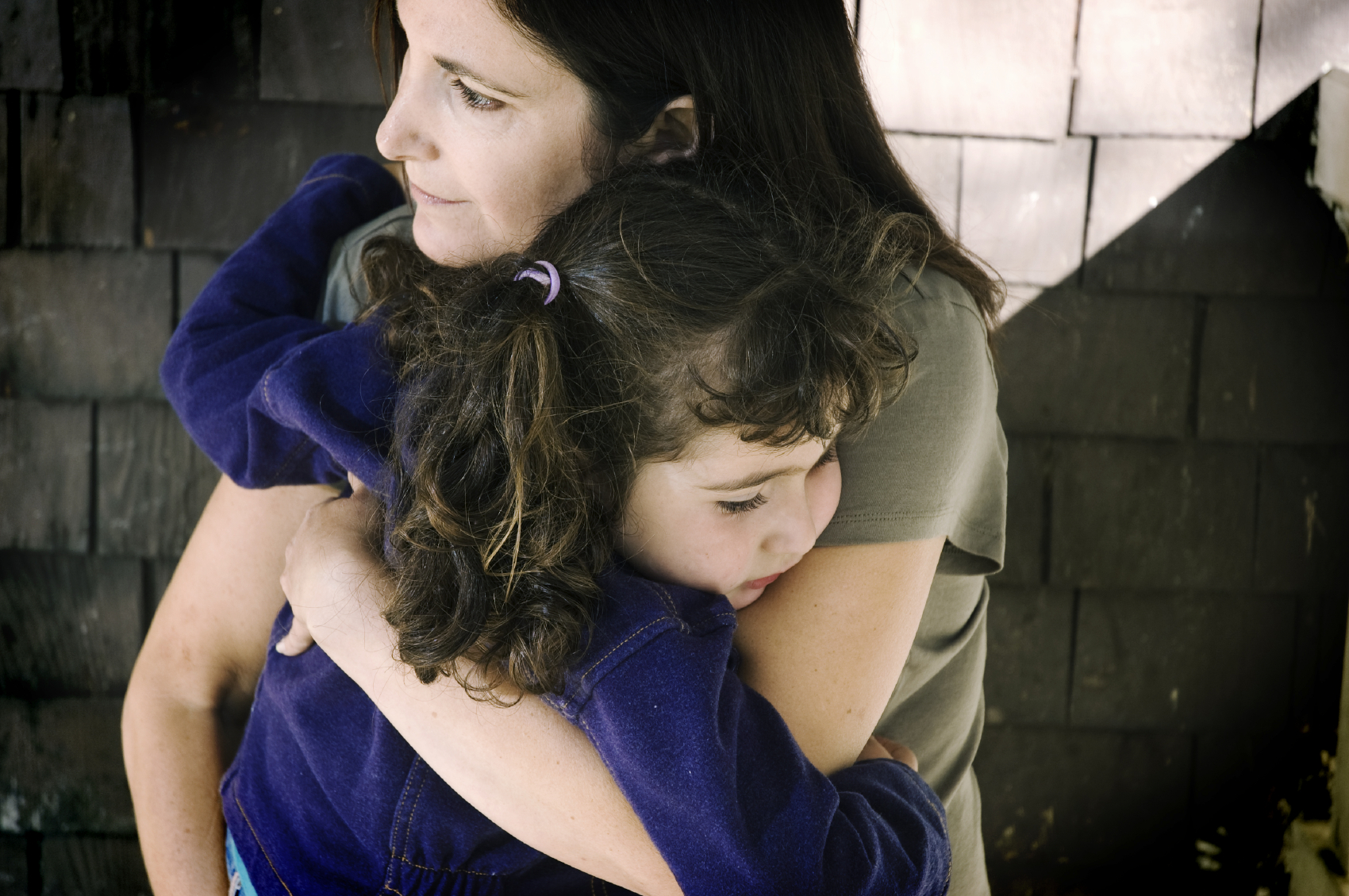Celebrate National Hugging Day

This Saturday, January 21st, is a national holiday. While National Hugging Day might not have the popularity of Thanksgiving or New Years, it’s certainly gained a following. The best part is that it doesn’t cost a thing to celebrate. Hug a friend, your child, your spouse, or even your pet. The benefit is the same: secure, happy feelings of trust and belonging. But could this basic act of affection have serious health benefits beyond making us feel loved? Researchers seem to think so. Here’s why:
The Science of Hugging
Hugging increases levels of certain hormones, including a nueropeptide in the body called oxytocin, also known as the “love hormone.” According to Psychology Today, oxytocin “acts as a neurotransmitter in the brain. When we hug or kiss a loved one, oxytocin levels increase. In fact, the hormone plays a huge role in pair bonding.” The way it works is fairly simple. An article on NPR’s Morning Addition reported: “When someone touches you, the sensation on your skin activates pressure receptors called Pacinian corpuscles, which then send signals to the vagus nerve, an area of the brain that is responsible for (among many things) lowering blood pressure.”
But that’s just one of hugging’s many effects.
While the exact number and length of hugs needed for maximum effectiveness is uncertain, researchers suggest that even a single hug a day can lead to biochemical and physiological reactions in your body that can significantly improve your health. Total benefits of hugging may include:
- Lower Heart Rate
- Lower Blood Pressure
- Reduced Stress Hormones Like Cortisol and Norepinephrine
- Improved Serotonin, Dopamine and Endorphin Release
- Balanced Nervous System
- Improved Immune Response
Amazingly enough, according to the US News and World Report, hugs may even help you fight off illness. In 2015, researchers from Carnegie Mellon University studied 404 healthy adults, examining the effects of perceived social support and the receipt of hugs on the participants’ susceptibility to developing the common cold after being exposed to the virus. Those who felt more supported and less stressed saw a notable reduction in symptoms.
Can Hugging Reduce Suicide Rates?
Stress is something everyone deals with at some point. A bad day at work, a car accident, even losing a job or a loved one can bring about feelings of stress. Stress can even come from positive events – getting married, having a baby, planning a vacation. Yet chronic or high levels of stress can trigger severe adverse reactions. Though genetics or brain chemistry may play a role in some cases, it is commonly known that stress is directly linked to common forms of depression, which is a major factor in many suicides.
“Ninety percent or more of people who kill themselves have a mental disorder before the time of their death,” says Paula Clayton, MD, medical director for the American Foundation for Suicide Prevention. “Sixty percent have major depression. The link between depression and suicide is strong.”
In addition to oxytocin, hugging adjusts the levels of helpful hormones like serotonin and dopamine. Serotonin flows in situations where you feel significant or important. Depression appears when serotonin is absent. When stressed, the body produces less serotonin. Further, negative emotions such as self-doubt and lack of enthusiasm are linked with low levels of dopamine. In one study, a 20-second hug, along with 10 minutes of hand-holding, was shown to immediately reduce blood pressure and heart rate, which are both physical signs of stress. Hugging is also known to lower levels of stress hormones like cortisol.
A No-Risk Activity
Though we may not fully understand how love and affection occurs between people—or how much oxytocin influences our emotions—it can’t hurt to get a hug, or maybe a couple. It may bring a bounty of health-related benefits, but at the very least it’s sure to brighten someone’s day.
 877-872-4339
877-872-4339  Contact Us
Contact Us 






